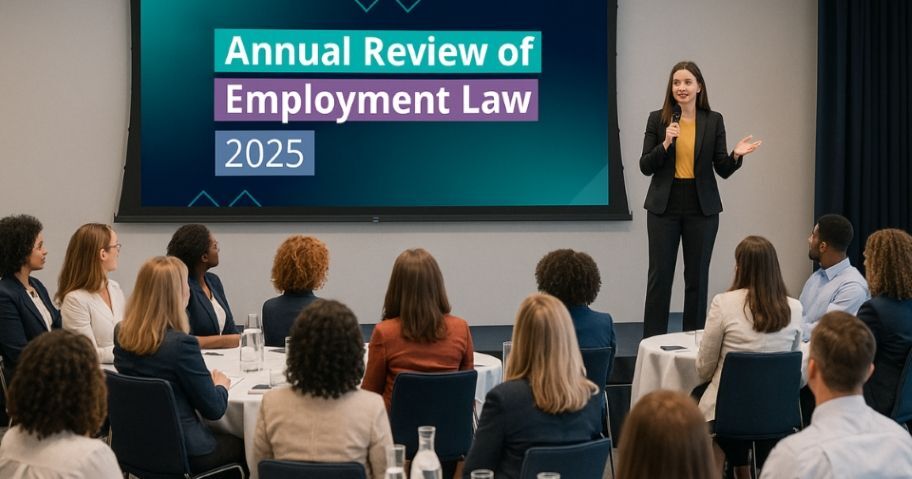Jason Elliott was called to the Bar of Northern Ireland in 2013 and is the Associate Head of School of Law at Ulster University. As a practising barrister, he has developed a largely civil practice representing individuals, companies and public bodies in litigation. This covers a wide range of areas including personal injuries, wills and employment law. In terms of employment law, he has represented both applicants and respondents in the Industrial Tribunal. At Ulster University, Jason lectures extensively on the civil areas of practise such as Equity and Trusts and delivers employment law lectures for both undergraduate and postgraduate students.
Claimant not regarded as a contract worker within the meaning of the Race Relations (NI) Order 1997 when he argued that he was contracted by a business he ran and then provided services to the respondent.
The respondent operated the Belfast business ‘The Tipsy Bird’. The claimant is a DJ and worked with another DJ, Lauren McAteer, and they operated as informal business partners and personal partners. They conducted business as RREvents and also did events known as ‘Red Cup’ which were outside events.
The respondent was approached by the RREvents to host club nights. Tickets to these events were sold directly by RREvents with none of the proceeds going to the respondent. The events did include the claimant and his informal business partner but also included other DJs. They supplied their equipment and dress – the respondent took no part in those activities. The claimant stated that the arrangement was that no money exchanged hands in that he did not pay for the venue and that the respondent was able to avail of the bar being busier and profit from drinks sales. It was accepted that there was no employer/employee relationship, and he was an independent contractor.
There were allegations of racial discrimination, and the claimant stated that the relationship was ended because of discriminatory grounds. The issue for the Tribunal in this preliminary hearing was to adjudicate upon the following question:
“Does the Tribunal have jurisdiction to determine the claimant’s claim of race discrimination on the basis that the claimant is a contract worker as defined by Article 9 of the Race Relations (NI) Order 1997?"
The Tribunal outlined that the legislation can regard this as a ‘triangular relationship’. This is between the individual (the claimant), the other person (RREvents) and then the respondent. The argument made was that RREvents engaged the claimant under an employment relationship (i.e. a contract worker) and he was supplied to the respondent. The Tribunal found that to suggest that the claimant was employed by RREvents was to have a ‘strained interpretation’ of the concept of employment. This would be someone employing themselves using a corporate structure but the legislation states those who ‘who are employed not by the principal himself but by another person’. The Tribunal found that it was an artificial and strained interpretation in which the claimant was contracting with himself. This was labelled an ‘absurdity’ by the Tribunal. This was an insurmountable hurdle for the claimant and as a result the claim was dismissed on the basis that the legislation did not apply to the claimant as he was not a ‘contract worker’.
This decision provides a useful analysis and view on the meaning of contract worker within the Race Relations (NI) Order 1997. The Tribunal outlined that the cases turn on their own facts and the context would have to be considered. However, the fact that there was a requirement for the claimant to have contracted with another person was seen to be an insurmountable hurdle when its suggestion was that he was contracted from his own business and then to the respondent.
NI Tribunal decisions are available on the OITFET website.
Continue reading
We help hundreds of people like you understand how the latest changes in employment law impact your business.
Please log in to view the full article.
What you'll get:
- Help understand the ramifications of each important case from NI, GB and Europe
- Ensure your organisation's policies and procedures are fully compliant with NI law
- 24/7 access to all the content in the Legal Island Vault for research case law and HR issues
- Receive free preliminary advice on workplace issues from the employment team
Already a subscriber? Log in now or start a free trial




